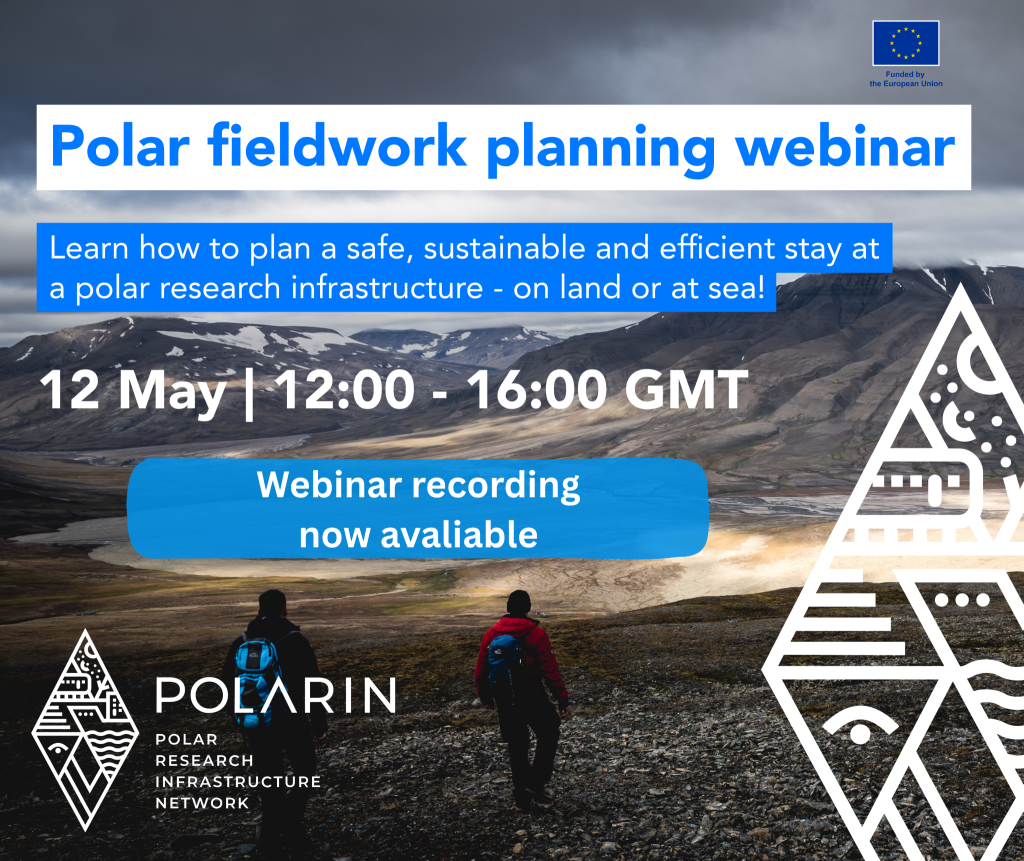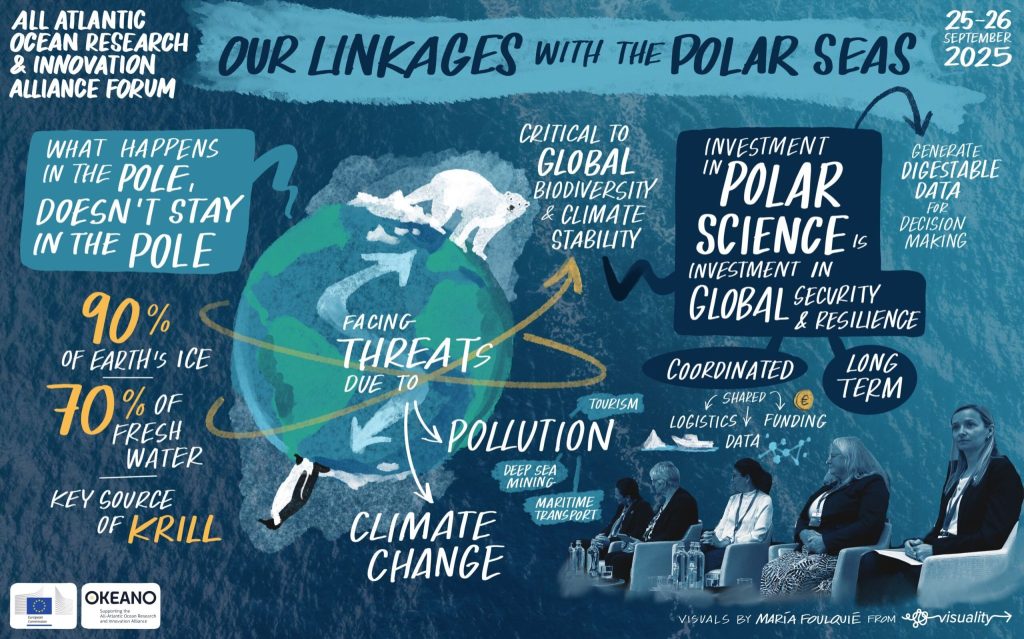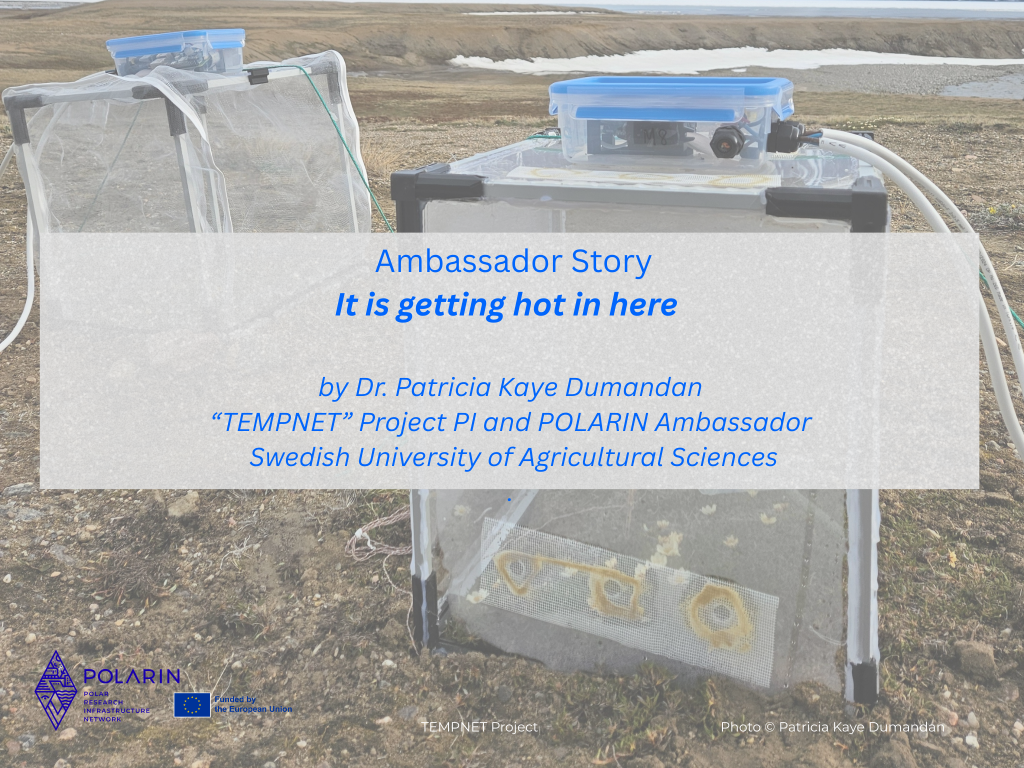Recording of the “Polar Fieldwork Planning” Webinar Now Available
Recording of the “Polar Fieldwork Planning” Webinar Now Available Are you preparing for fieldwork in the Arctic or Antarctic? Whether you’re headed to land-based stations or embarking on polar research vessels, planning is key to a successful research campaign. Watch this POLARIN fieldwork planning webinar to learn more about how to navigate permit processes and logistics challenges, understand risk assessment and field safety, implement ethical and sustainable research practices, and plan effective data management from the start. This webinar will provide you with an overview on a variety of topics related to planning polar fieldwork: Introduction to the POLARIN project and its opportunities for researchers Best practices for planning your fieldwork, managing logistics, and ensuring team safety Insights into ethical research collaboration and community engagement in the Arctic Guidance on minimizing environmental impact and respecting cultural heritage Practical training on data stewardship, including the FAIR and CARE guiding principles, working with a data management plan Advice on media content creation and information about the POLARIN ambassador program Time for your questions and interaction with experts The webinar was organised by the Association of Polar Early Career Scientists (APECS), the University of Copenhagen (UCPH), the National Institute of Oceanography and Applied Geophysics (OGS), the Svalbard Integrated Arctic Earth Observing System (SIOS), Aarhus University (AU), the National Research Council of Italy (CNR), ETT Solutions (ETT), and FL Polar Operation (FLPO) together with experts from the POLARIN project.


